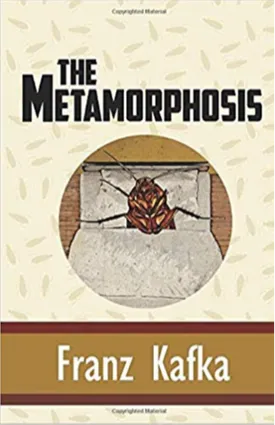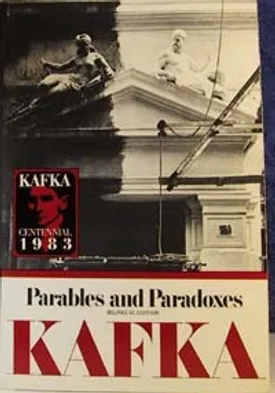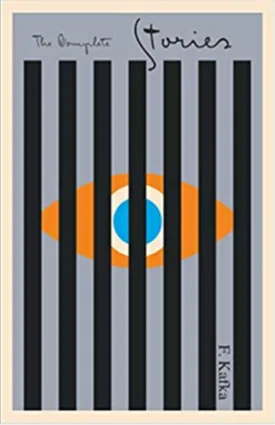Franz Kafka
Franz Kafka is one of the most important authors of the 20th century, transcending literature and literature categories to be seen as a major influence on existential philosophy and film. Born in Prague in 1883, Kafka wrote originally in German during a period of profound change that was sweeping through Europe. He experimented with stories, novels, and parables and explored the nature of fear, alienation, and bureaucracy in ways that still reverberate today.
Kafka was a unique writer, using the power of words to explore the themes so familiar to modern audiences. His writing addresses difficult concepts and ideas, which is one of the reasons why he is still so widely read more than a century after his death. His works can be seen as a sophisticated exploration of the absurdities of life and the search for individual freedom and identity.
The trial and The Metamorphosis are two of Kafka’s most renowned novels. Written in 1915, The Trial tells the story of Josef K. who finds himself under arrest for an unspecified crime. In a Kafkaesque twist, no one ever finds out why he is on trial and he remains in limbo as he attempts to defend himself against a seemingly all-powerful court system. It is a brilliant exploration of the bureaucratic machine, which can be seen as a metaphor for a larger, oppressive machine that resists attempts at individual self-definition.
The Metamorphosis, written in 1915, is perhaps Kafka’s most influential work. It follows the transformation of Gregor Samsa, a travelling salesman, into an enormous insect. It is an exploration of alienation, fear and identity. The metamorphosis of Gregor into an insect serves as a metaphor of Kafka’s feelings of alienation in a world, in which he was a foreigner.The metamorphosis is interpreted in many ways, as a story of the individual’s attempt to find belonging in an overwhelming bureaucracy, in pursuit of an unattainable freedom.
Kafka's work has been adapted and interpreted in many different forms, including theater, film, television series and even cartoons. As a result, Kafka and his works have been made accessible to diverse audiences. From Steven Soderbergh’s 1993 adaptation of The Trial to a 2020 animated TV series based on The Metamorphosis, Kafka’s works continue to fascinate and inspire audiences around the world.
Kafka's influence can be seen throughout the arts and beyond. He is often seen as an inspiration for modern philosophers, and his works have been referenced in popular culture from the works of Woody Allen to the X-Men comics. His themes of alienation, bureaucracy, and social control are still relevant today, and his works are required reading in many university courses.
To sum up, Kafka’s works remain influential today, over a century after his death. His use of language, themes, and characters continue to delight, challenge, and inspire audiences around the world. His exploration of fear, alienation, and identity continues to resonate and is reflected in many of today’s popular works. Kafka’s works are essential reading for those who want to understand the human experience.





